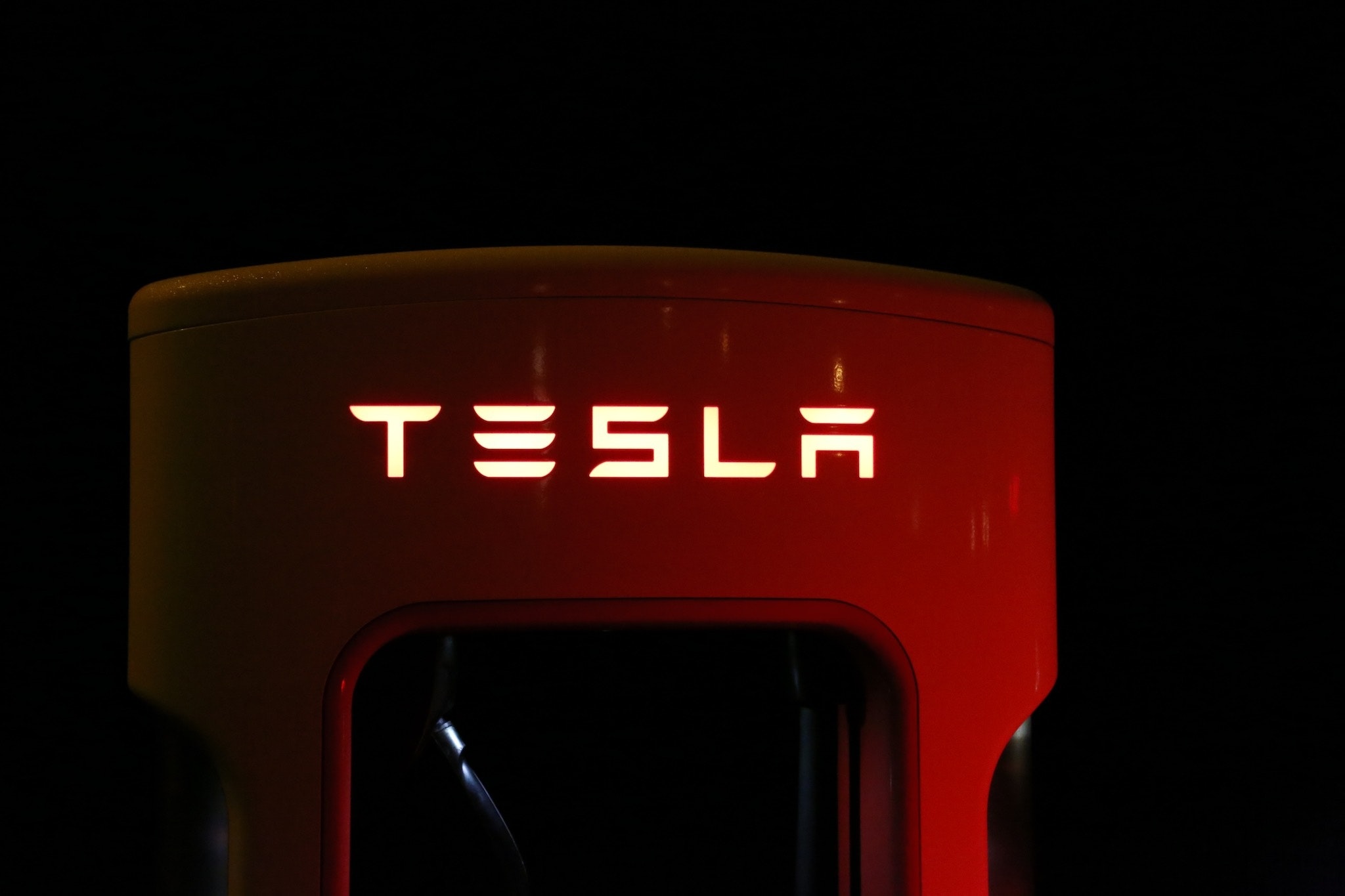A guaranteed indicator that a proposed or enacted public policy is not in the public’s best interest is when government at any level must pay “We the People” – with the people’s money — to accept said policy.
Government-types call this “incentivizing” the public. But it’s only more of the same bad-old wealth redistribution that is, in fact, government-sanctioned bribery.
Nowhere has this long-practiced fetidness been more evident these days than with the ecocratic left’s push to corral “climate change.”
We see it in the City of Pittsburgh with traffic impeding bike lanes. We see it in the Commonwealth of Pennsylvania with the crock that is the Regional Greenhouse Gas Initiative (RGGI). And we see it on national scale with one of the worst examples being the federal government’s push for electric vehicles (EVs).
Sales figures continue to show the paucity of EV sales so, of course, “beneficent” government must bribe the public to buy electric vehicles with “incentives” (i.e., taxpayer dollars).
And never mind those anemic EV sales figures – about 2.5 percent of all vehicular sales in the U.S. — government, in an attempt to command demand for electric vehicles, must also bribe automakers to produce them.
But wait, it gets worse: Some in Congress want to add another $4,500-per-vehicle “incentive” for EVs manufactured exclusively by union workers.
As the folks at non-union Toyota noted in a full-page Wall Street Journal ad this past week:
“What does this say to the American autoworker who has decided not to join a union? It says that their work is worth $4,500 less because they made that choice.
“What does this say to the American consumer? It says that if they want to buy an electric vehicle not made by Ford, General Motors or Chrysler, they will have to pay an extra $4,500 – which is about $100 more per month over a four-year period,” the Toyota ad states.
“And what does this say to Americans who want to buy an electric vehicle to combat climate change? It says having more electric vehicles on the road is secondary to promoting unionization.”
But hold the phone here! It also says something about Toyota. For it is no innocent bystander in all this. After all, in that same ad, Toyota states that it “believes that the future of automobiles is electric.”
And:
“We also believe that Congress needs to provide incentives for the purchase of electric vehicles to speed the transition to that electric future.”
Indeed, rewarding cost-inflating organized labor is odoriferous public policy. But, so, too, is any automaker saying the government must provide purchase incentives to make a dog of a product more palatable to the motoring public.
Back to the Toyota ad.
“Congress needs to put the politics aside on this one. Do the right thing. Treat all American autoworkers fairly. Let the American consumer choose the best electric vehicle for them without needing to pay an extra $4,500 to buy an electric vehicle not made by Ford, GM or Chrysler.”
But the American consumer also should be able to choose the supposedly “best” vehicle, electric or otherwise, without any government bribes. Toyota has no more business being subsidized to produce electric vehicles than do union-made vehicles receiving an even larger subsidy.
Period.
Even with subsidies and other forced government actions, electric vehicles remain a dog of a product, one that won’t hunt. And it’s long past time for the self-service antics of this automaker/organized labor/government cabal to be called out for the economic codswallop that it is.
Colin McNickle is communications and marketing director at the Allegheny Institute for Public Policy (cmcnickle@alleghenyinstitute.org).



